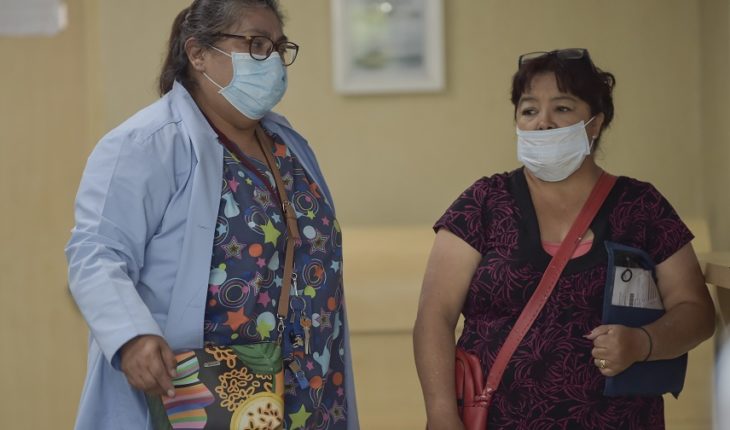The confinement stage to prevent COVID-19 disease from spreading can aggravate the unequal situation already experienced by women in domestic work and domestic violence. Cases of sick people in families will also create an extra burden for them, who are assumed to be the main caregivers.
Care work is neither equitable nor equal, Nadine Gasman, president of the National Women’s Institute (Women’s) at the press conference, said.
“They work 3 times more in domestic care than men. This is a good time to organize work at home differently, for both men and women to get involved in this and care issues.”
In addition, he added, it must be borne in mind that 9 million 266 thousand 211 households have a woman in front and 2.2 million women are domestic workers, “at this time of confinement we must be supportive, support them so that they can stay at home.”
Gasman stressed that this stage of confinement is no reason to accept any kind of violence, “cannot be allowed and emergency services will continue to function, there is number 911, where cases of violence are addressed to women and that number is available to all.”
Karla Berdichevsky, director general of the National Center for Gender Equity and Reproductive Health of the Ministry of Health, stressed that if a woman lives violence or someone observes that a woman is experiencing violence, help must be sought and 911 called.
“There they have the capacity to deal with cases and to channel people to the corresponding aid bodies.”
Berdichevsky explained that in this contingency women’s support telephone lines will continue to work, with staff trained to care for them, as well as health centres and other services.
One of these lines is Planificatel, the 800 624 64 64, where they can be provided with all the information about contraceptive methods. There is also the Maternal Line, 800 628 37 62, which provides guidance to pregnant, postpartum or breastfeeding women.
The Lifeline (800 911 20 00) which is part of the national addiction prevention strategy provides mental health resources related to this stage of emergency, including cases of violence.
In addition, the 32 federal entities have Child Entertainment Centers, installed in health units, for sons or daughters of caregivers who must attend medical consultation with a family member.
Sexual and reproductive health services will continue to work, and provide contraceptives, condoms and information needed to prevent pregnancies and sexually transmitted diseases.
What we do in Animal Político requires professional journalists, teamwork, dialogue with readers and something very important: independence. You can help us keep going. Be part of the team.
Subscribe to Animal Político, receive benefits and support free journalism #YoSoyAnimal.
translated from Spanish: Before COVID-19, without violence and with equitable work at home: authorities
March 26, 2020 |





